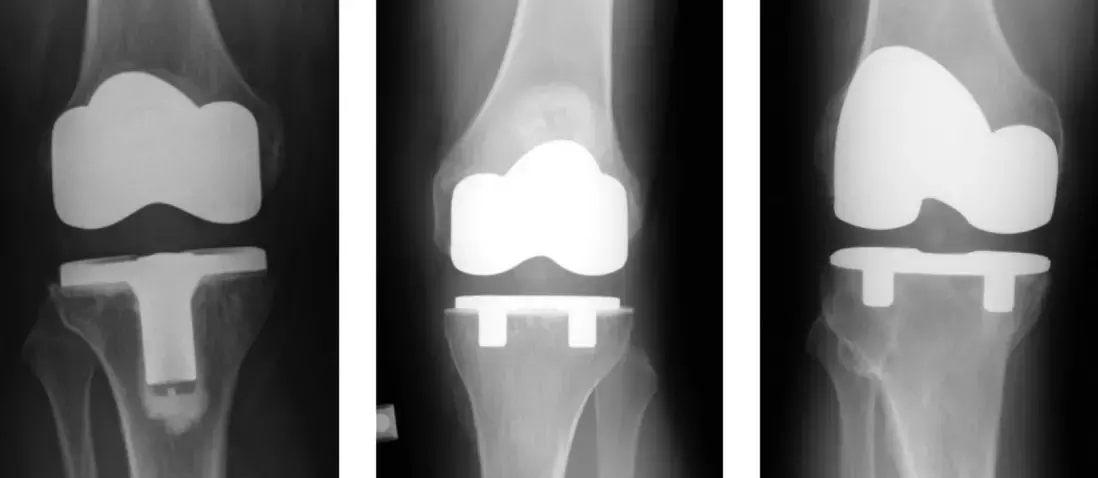- Home
- Medical news & Guidelines
- Anesthesiology
- Cardiology and CTVS
- Critical Care
- Dentistry
- Dermatology
- Diabetes and Endocrinology
- ENT
- Gastroenterology
- Medicine
- Nephrology
- Neurology
- Obstretics-Gynaecology
- Oncology
- Ophthalmology
- Orthopaedics
- Pediatrics-Neonatology
- Psychiatry
- Pulmonology
- Radiology
- Surgery
- Urology
- Laboratory Medicine
- Diet
- Nursing
- Paramedical
- Physiotherapy
- Health news
- Fact Check
- Bone Health Fact Check
- Brain Health Fact Check
- Cancer Related Fact Check
- Child Care Fact Check
- Dental and oral health fact check
- Diabetes and metabolic health fact check
- Diet and Nutrition Fact Check
- Eye and ENT Care Fact Check
- Fitness fact check
- Gut health fact check
- Heart health fact check
- Kidney health fact check
- Medical education fact check
- Men's health fact check
- Respiratory fact check
- Skin and hair care fact check
- Vaccine and Immunization fact check
- Women's health fact check
- AYUSH
- State News
- Andaman and Nicobar Islands
- Andhra Pradesh
- Arunachal Pradesh
- Assam
- Bihar
- Chandigarh
- Chattisgarh
- Dadra and Nagar Haveli
- Daman and Diu
- Delhi
- Goa
- Gujarat
- Haryana
- Himachal Pradesh
- Jammu & Kashmir
- Jharkhand
- Karnataka
- Kerala
- Ladakh
- Lakshadweep
- Madhya Pradesh
- Maharashtra
- Manipur
- Meghalaya
- Mizoram
- Nagaland
- Odisha
- Puducherry
- Punjab
- Rajasthan
- Sikkim
- Tamil Nadu
- Telangana
- Tripura
- Uttar Pradesh
- Uttrakhand
- West Bengal
- Medical Education
- Industry
Cementless Total Knee Arthroplasty Safe for Osteoporotic Patients Under 75, unravels study

Researchers found that patients with osteoporosis younger than 75 years of age who underwent cementless total knee arthroplasty (TKA) had comparable results of implant-related complications, medical complications, readmissions, and implant survival as those undergoing cemented TKA. A recent study was published in The Journal of Arthroplasty. The study was conducted by Jacquelyn and colleagues
Historical contraindications for TKA have included poor bone stock, a characteristic common to osteoporotic individuals. This study seeks to establish whether patients with osteoporosis who are below 75 years old and undergo cementless TKA have comparable implant-related and medical complications, hospital readmission rates, and 3-year implant survivability to those who undergo the cemented technique.
Using a national administrative claims database from 2010 to 2022, this study conducted a retrospective analysis of data. The inclusion criteria were patients 75 or younger with osteoporosis at diagnosis who received primary TKA. The cohort was split into two treatment groups according to the presence of cementless versus cemented TKA. To allow for a balanced comparison, propensity score matching was applied controlling for age, sex, obesity, and the Charleston Comorbidity Index (CCI), creating two well-matched groups: 1,321 patients in the cementless group and 6,602 in the cemented group. Primary endpoints consisted of the 90-day and 2-year implant-related complications, and the postoperative medical complications at 90 days and readmissions at 90 days. Additionally, Kaplan-Meier survival analysis was performed to assess the all-cause revision implant survivability rate at 3 years. The level of significance for type 1 error was set at P < 0.01 to minimize the error of the first type.
Key Findings
No statistically significant complications were detected between the cementless group and the cemented TKA regarding implant-related complications, medical complications, and admission rates within 90 days after the research.
The main results included the following.
• Implant-related complications: No significant difference between cemented and cementless groups.
• Medical complications within 90 days: Similar rates between both cohorts.
• 90-day readmissions: No statistically significant differences.
• Lengths of hospital stay were also comparable between the two groups.
The Kaplan-Meier analysis demonstrated that the 3-year implant survivability was nearly identical between the cemented and cementless TKA groups:
• Cemented TKA survivability: 97.6% (95% confidence interval [CI], 96.6 to 98.5),
• Cementless TKA survivability: 97.2% (95% CI, 96.7 to 97.7),
This study had strong evidence that when it comes to cementless TKA in osteoporotic patients under 75 years old, complications rates and implant survivability weren't significantly different compared with patients treated with cemented TKA. Surgeons might extend the indications of cementless TKA to a broader spectrum than standard and report the results in osteoporotic patients, accounting for variability in individual bone strength.
Reference:
Dr Riya Dave has completed dentistry from Gujarat University in 2022. She is a dentist and accomplished medical and scientific writer known for her commitment to bridging the gap between clinical expertise and accessible healthcare information. She has been actively involved in writing blogs related to health and wellness.
Dr Kamal Kant Kohli-MBBS, DTCD- a chest specialist with more than 30 years of practice and a flair for writing clinical articles, Dr Kamal Kant Kohli joined Medical Dialogues as a Chief Editor of Medical News. Besides writing articles, as an editor, he proofreads and verifies all the medical content published on Medical Dialogues including those coming from journals, studies,medical conferences,guidelines etc. Email: drkohli@medicaldialogues.in. Contact no. 011-43720751


